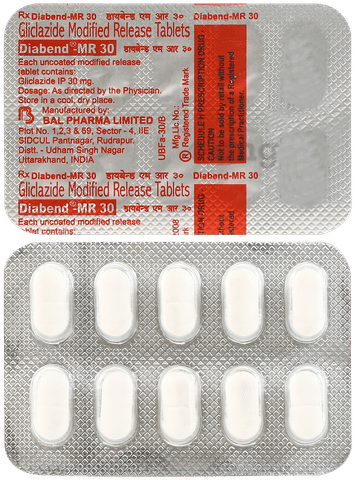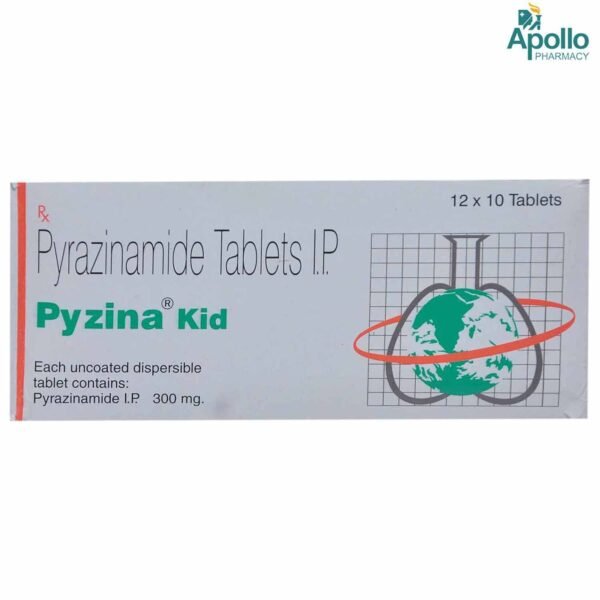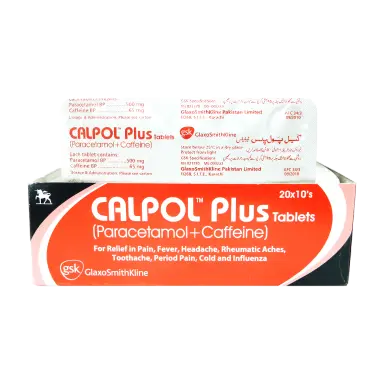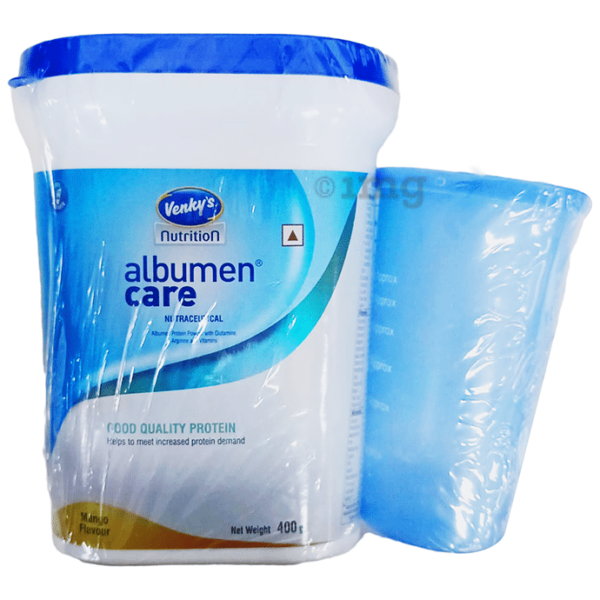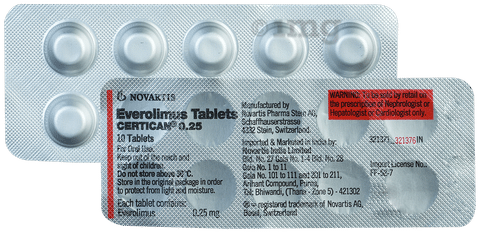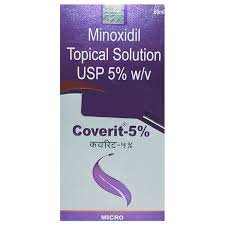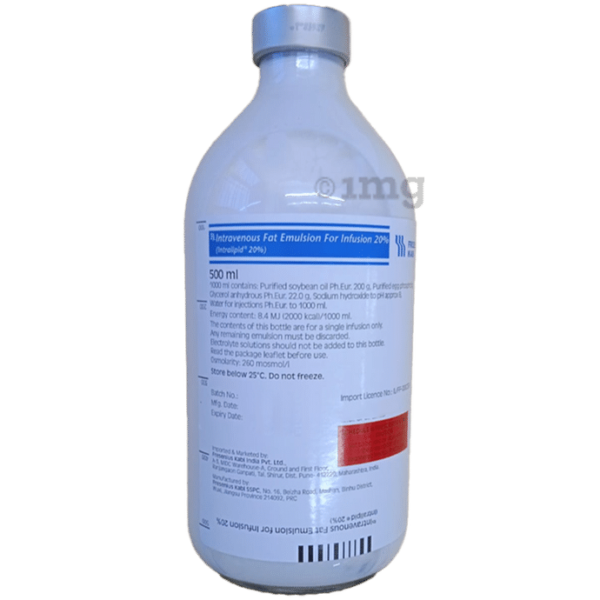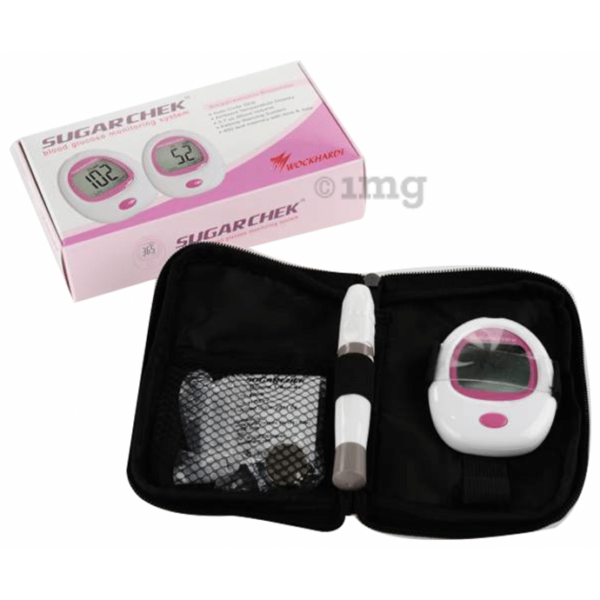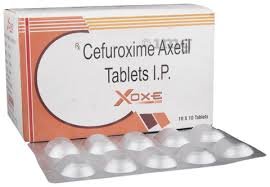✅ Product Introduction:
Diabend-MR 30 Tablet contains Gliclazide (30 mg), a sulfonylurea class antidiabetic agent. It is prescribed for adults with type 2 diabetes mellitus when diet, exercise, and lifestyle modifications alone do not provide adequate glycemic control. Gliclazide works by stimulating the pancreas to release insulin and enhancing the body’s sensitivity to insulin, thereby aiding in lowering blood glucose levels .
🎯 Uses:
- Management of type 2 diabetes mellitus in adults
- Helps in controlling blood sugar levels when lifestyle changes are insufficient
- May be used alone or in combination with other antidiabetic medications
💪 Benefits:
- Effective in lowering and maintaining blood glucose levels
- Reduces the risk of diabetes-related complications such as neuropathy, nephropathy, and retinopathy
- Improves overall energy levels and quality of life in diabetic patients
🧪 Composition:
Each modified-release tablet contains:
- Gliclazide – 30 mg
⚠️ Side Effects:
Common side effects may include:
- Hypoglycemia (low blood sugar levels)
- Nausea
- Dizziness
- Headache
- Weight gain
- Gastrointestinal disturbances such as indigestion, diarrhea, or constipation
Serious side effects (seek immediate medical attention):
- Severe hypoglycemia
- Allergic reactions (rash, itching, swelling)
- Liver dysfunction (jaundice)
- Hematological disorders (anemia, thrombocytopenia)
🛡️ Safety Advice:
- Alcohol: Avoid alcohol consumption as it may increase the risk of hypoglycemia.
- Pregnancy: Not recommended during pregnancy unless prescribed by a doctor.
- Breastfeeding: Contraindicated; may harm the nursing infant.
- Driving: Use caution; hypoglycemia may impair the ability to drive or operate machinery.
- Kidney/Liver Impairment: Use with caution; dose adjustments may be necessary.
- Missed Dose: If a dose is missed, take it as soon as you remember. If it’s almost time for the next dose, skip the missed dose. Do not double the dose to catch up.
- Overdose: Seek immediate medical attention in case of overdose symptoms like severe hypoglycemia.

